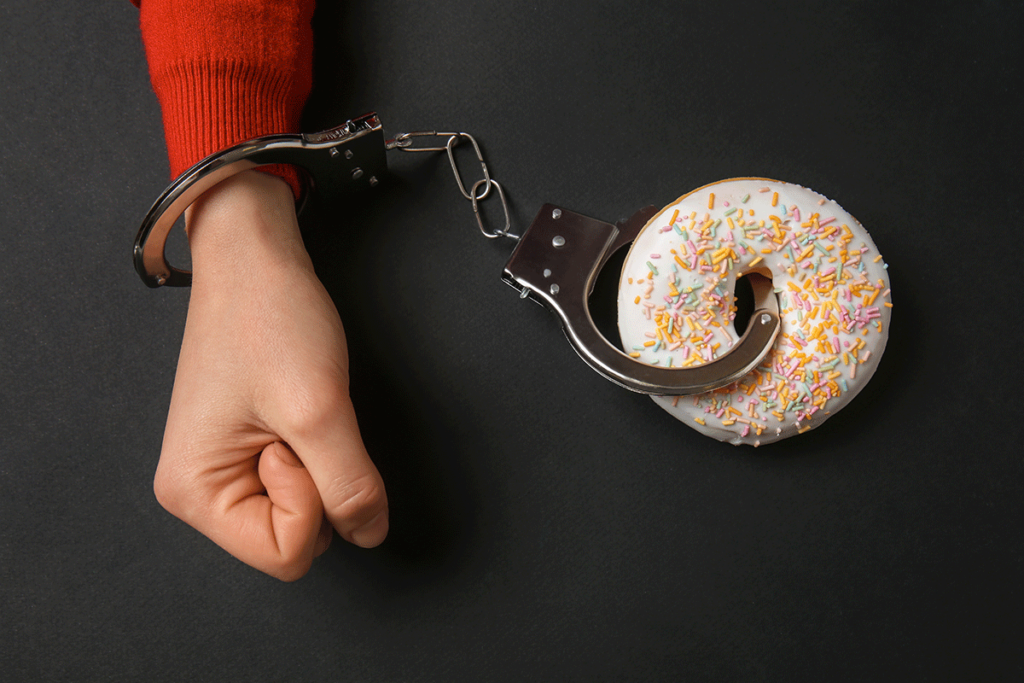Many people have some type of sugar addiction. Clearly, it can cause certain health problems. However, is there something more to that addiction than meets the eye? Is it an indicator of addictive behaviors that can cause problems in ways you wouldn’t imagine? As extraordinary as it seems, sugar addiction could be a sign of drug addiction, at least for some people.
Describe a Sugar Addiction
A sugar addiction is a term used to describe someone who consume large amounts of sugar, often to the point where it impacts their health negatively. Sugar addictions can be difficult to overcome because sugar is so readily available in our food supply. It’s also addictive; when we eat sugary foods, our brains release dopamine, which is a feel-good neurotransmitter. This can create a vicious cycle of needing more and more sugar to get the same dopamine high.
Sugar addiction is real, and it’s something that should be taken seriously. If you think you might have a problem with sugar, talk to your doctor. They can help you figure out if you have an addiction and offer treatment options.
What Are the Signs of Sugar Addiction?
The signs of sugar addiction can vary from person to person. Generally, someone with a sugar addiction will consume large amounts of sugary foods and drinks, often to the point where it impacts their health. They may also have withdrawal symptoms when they try to cut back on sugar, such as headaches, irritability, or fatigue.
Some people with sugar addiction may also exhibit other addictive behaviors, such as gambling or using drugs. This is because sugar addiction and other addictions share some similar brain mechanisms. For example, both sugar and drugs can increase dopamine levels in the brain, which can lead to dependency.
What’s the Connection Between a Sugar Addiction and Drug or Alcohol Addiction?
There is a strong connection between sugar addiction and drug or alcohol addiction. For many people, sugar addiction can be a gateway to more serious addictions. This is because the same brain mechanisms that are involved in sugar addiction are also involved in other addictions.
For example, both sugar and drugs can increase dopamine levels in the brain. Dopamine is a feel-good neurotransmitter that plays a role in reward-seeking behavior. When we eat sugary foods or use drugs, our brains release dopamine, which can make us feel good. However, this feeling is short-lived and eventually leads to tolerance, which means we need more and more of the substance to get the same effect. When this process is allowed to continue, a person’s diet becomes more and more unhealthy. As a result, they will likely experience adverse physical effects.
Sugar addiction can also lead to other addictions because it can change the way our brains respond to other substances. Studies have shown that chronic sugar consumption can increase the risk of developing alcoholism. This is likely because sugar alters the brain’s reward system, making alcohol more attractive.
Get Help With Addiction From The Ranch PA
If you have a sugar addiction, it’s important to get help. Sugar addiction is a serious problem that can lead to other addictions and health problems. If you think you might have a problem with sugar, talk to your doctor. They can help you figure out if you have an addiction and offer treatment options.
The Ranch PA offers a variety of treatment options for addiction, including detox, therapy, and aftercare. We can help you overcome your addiction and get on the path to recovery. Contact us today at 717.969.9126 to learn more about our substance use disorder treatment programs.

